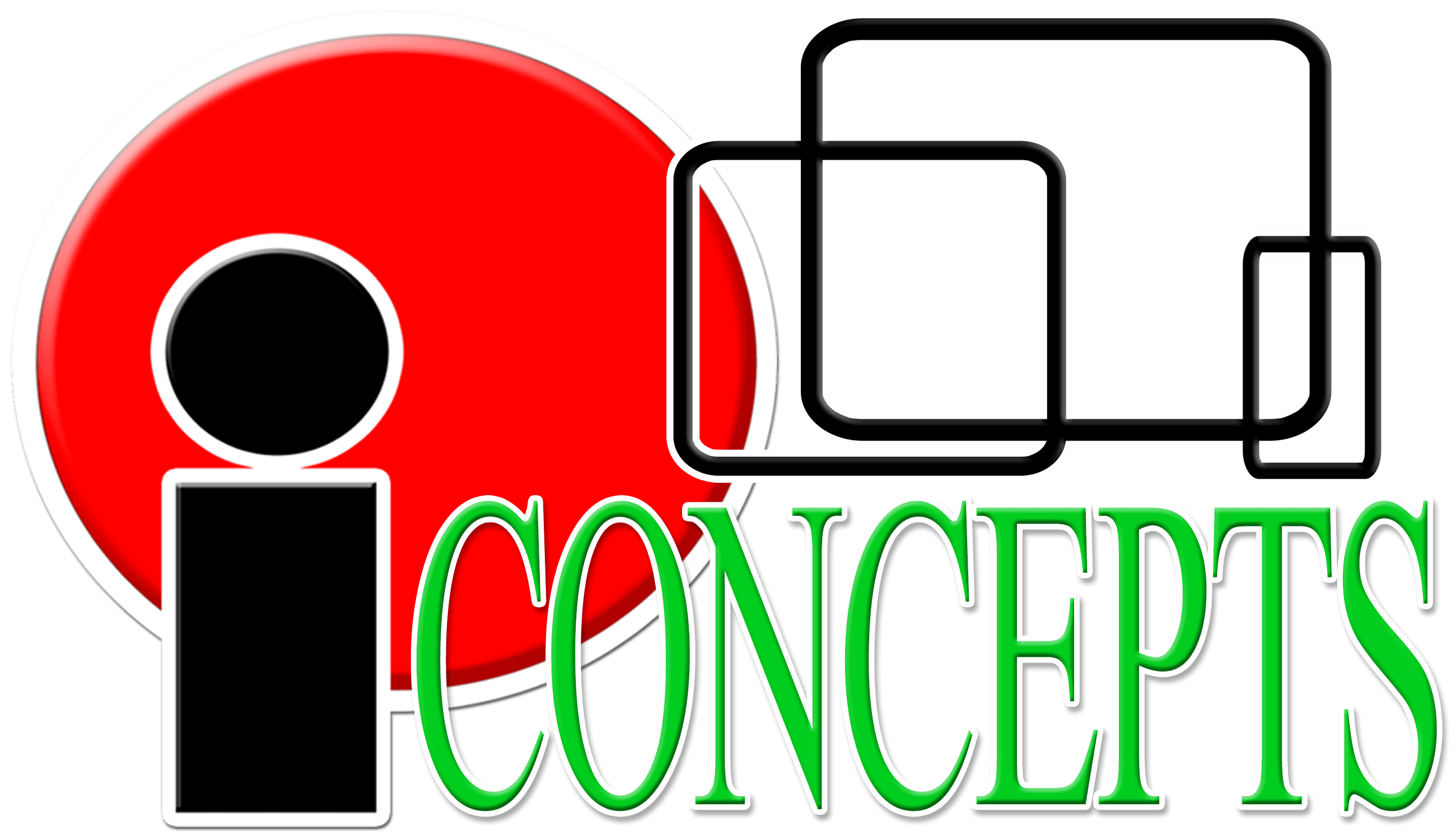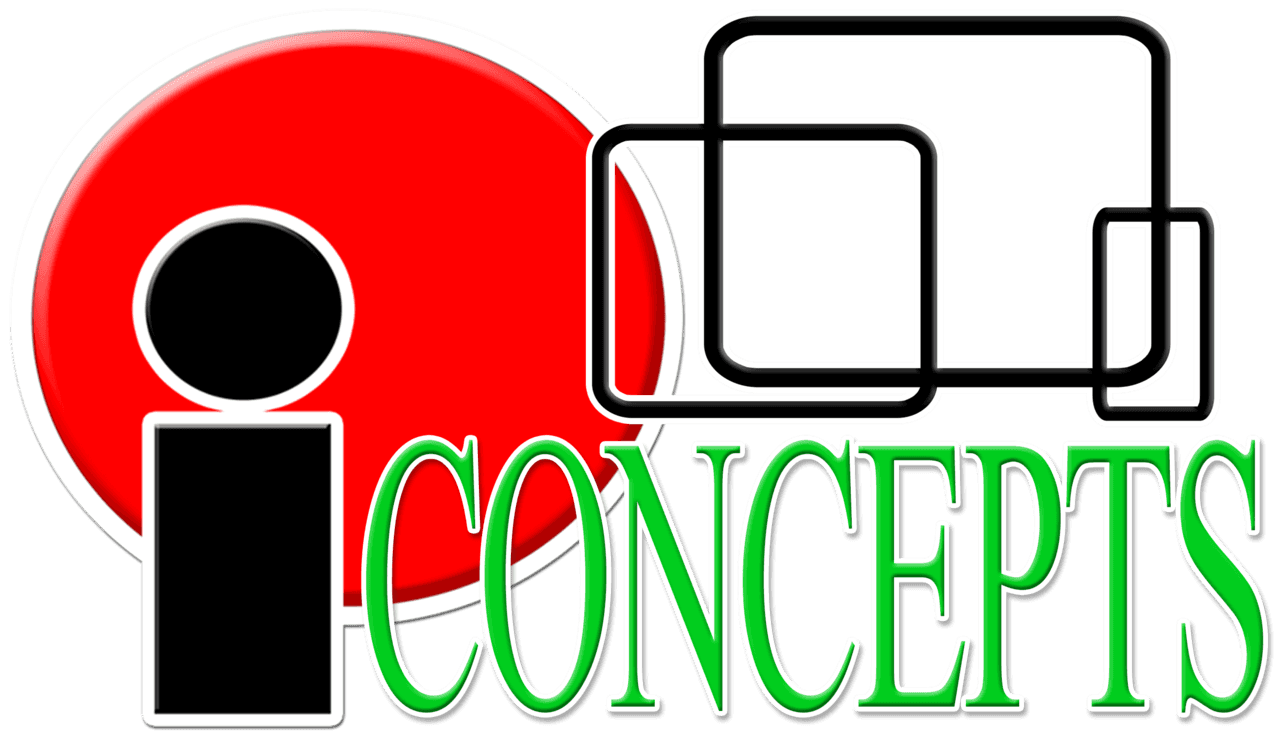CMS Access Company Guidelines and restrictions
As a company we manage our CMS (Content Management System) and restrict third parties access to help safeguard our company assets, to ensure compliance, maintain quality standards, and protect our brand reputation.
Security Concerns:
- Granting access to third parties increases the risk of security breaches.
- Third-party access might result in unauthorized changes or malicious activities.
- Protecting sensitive data and preventing unauthorized access.
Quality Control:
- Allowing third parties to access the CMS can compromise the quality and consistency of the website.
- Third-party alterations may not align with our company's standards and guidelines.
- Maintaining control over content and design ensures a cohesive user experience.
Liability Issues:
- Granting access to third parties can lead to legal and liability concerns.
- If unauthorized changes result in issues such as data breaches or copyright violations, we may be held accountable.
Confidentiality:
- The CMS may contain proprietary information or sensitive data that should not be shared with third parties.
- Keeping the CMS restricted helps protect intellectual property and confidential business information.
Maintenance and Support:
- Allowing third-party access complicates maintenance and support efforts.
- We handle all updates, troubleshooting, and support internally to ensure timely and efficient resolution of issues.
Compliance Requirements:
- Compliance with industry standards and regulations, such as GDPR or HIPAA, may necessitate restricting access to the CMS.
- Third-party access could result in non-compliance with legal and regulatory requirements.
Performance Optimization:
- Direct control over the CMS allows us as a company to optimize performance and implement necessary improvements more effectively.
- Third-party access may introduce inefficiencies or conflicts that impact website performance.
Brand Integrity:
- Maintaining control over the CMS helps protect the integrity of the brand and its online presence.
- Third-party access could lead to inconsistencies in branding, messaging, or user experience.
Workflow Efficiency:
- Restricting access to the CMS streamlines the workflow and decision-making process.
- Allowing third parties to make changes may disrupt internal processes and communication channels.
Accountability and Oversight:
- With restricted access, we can maintain accountability for all changes made to the website.
- Third-party access complicates tracking and oversight of website modifications.
Other terms and conditions may apply

